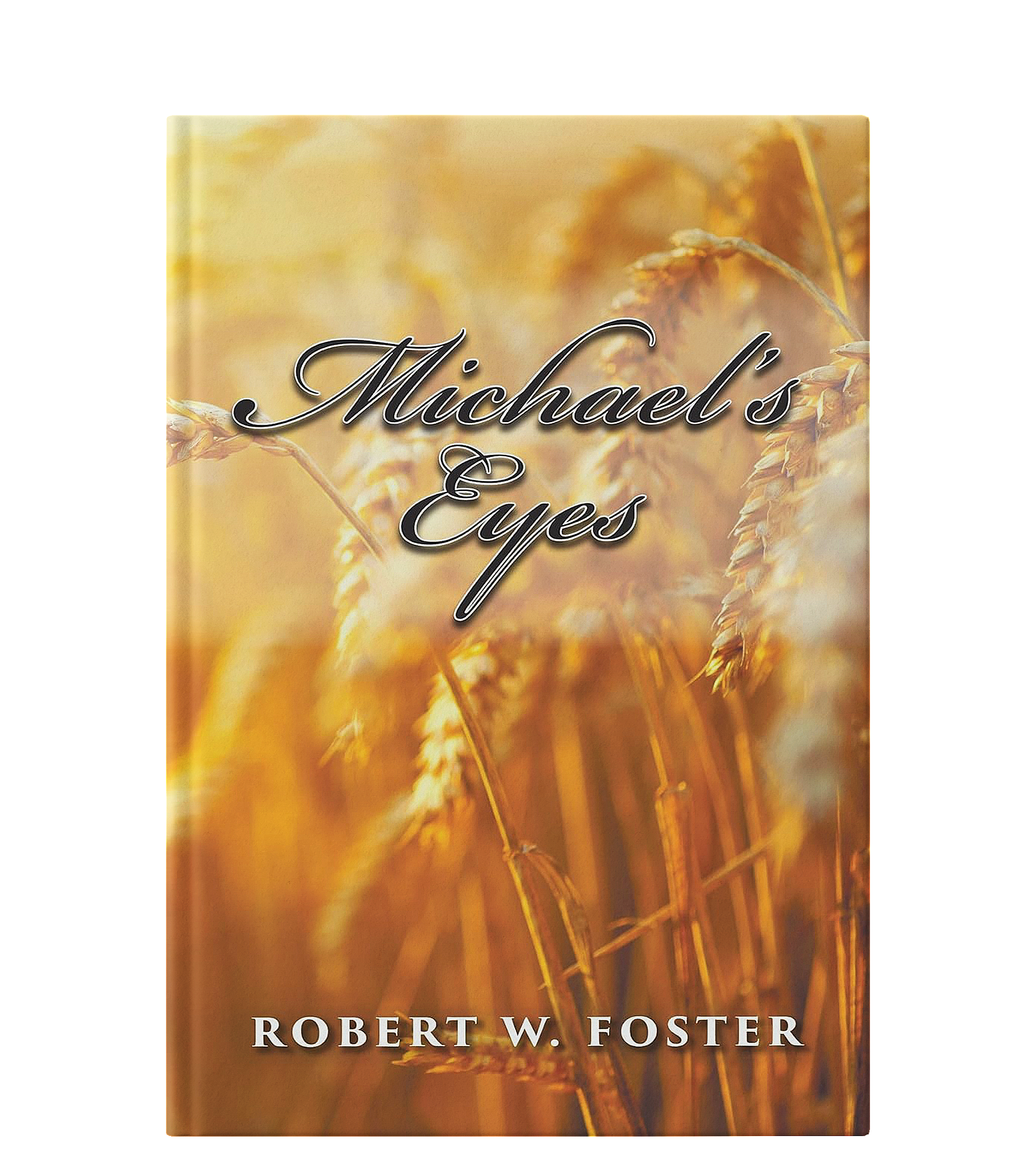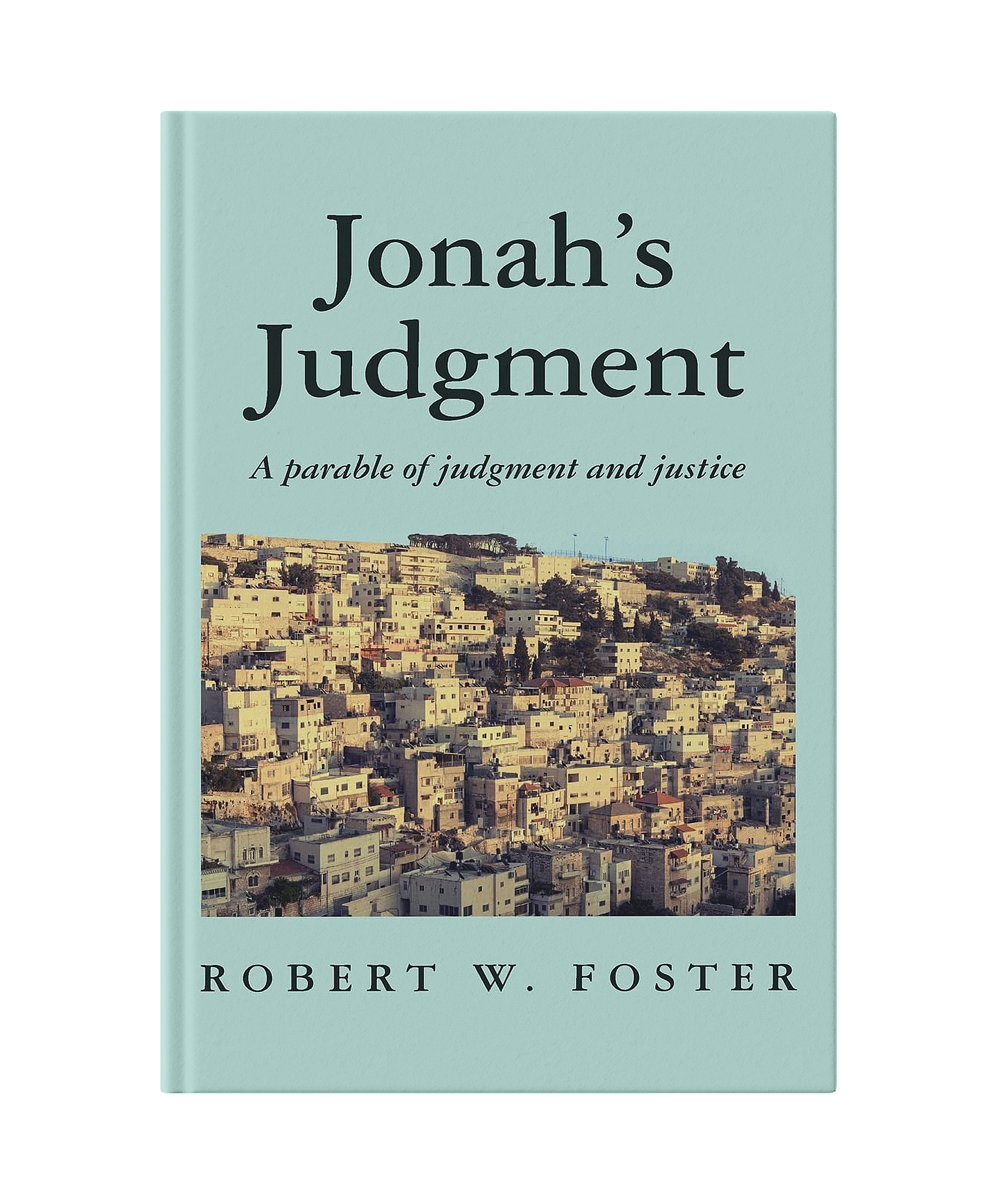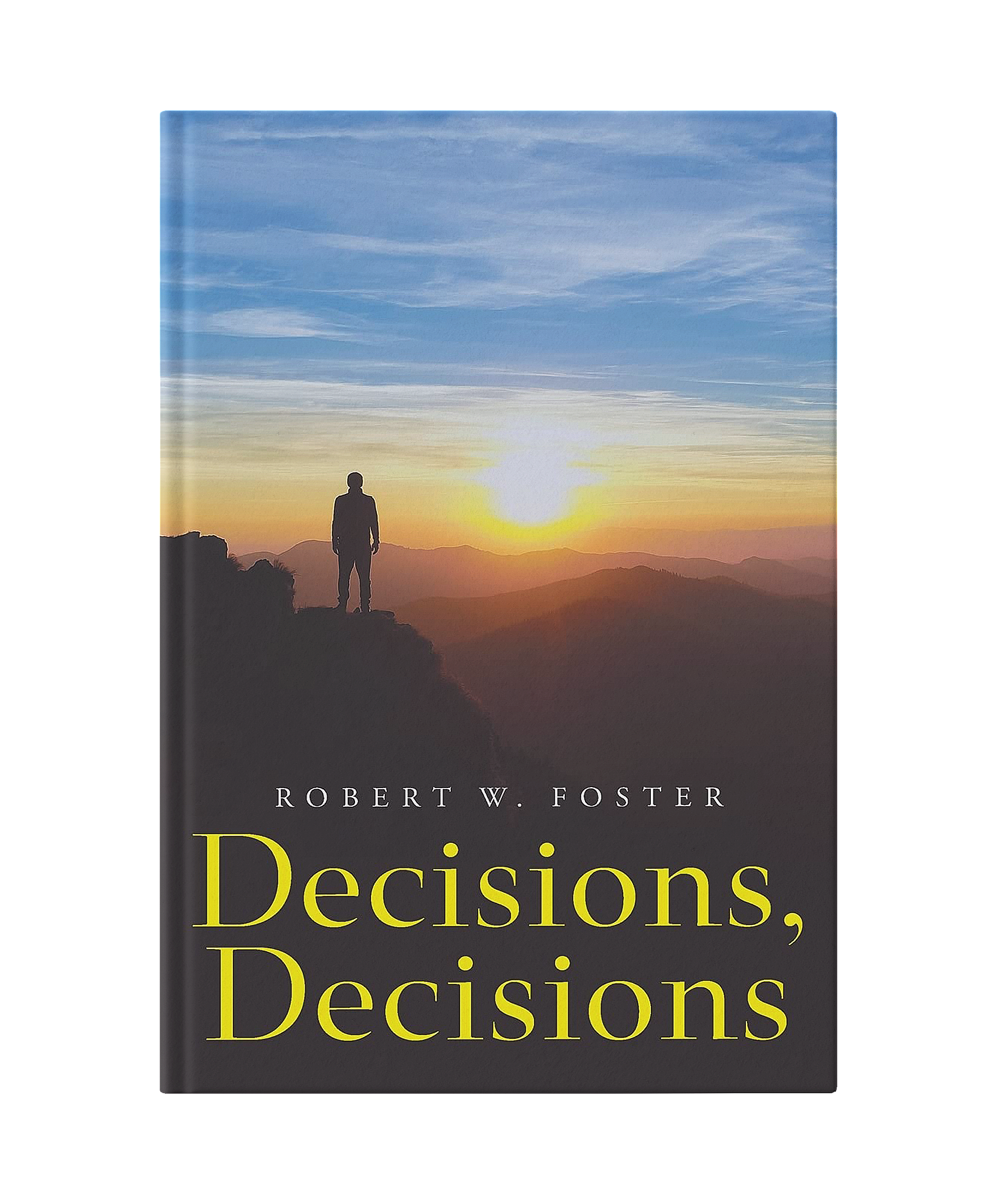Robert W. Foster's Books
Welcome to the collection of my works. Each book represents a different facet of exploration into themes of faith, personal struggle, and profound insights. I invite you to delve into these narratives and reflect on the questions and lessons they pose.
Robert W. Foster's Books
Welcome to the collection of my works. Each book represents a different facet of exploration into themes of faith, personal struggle, and profound insights. I invite you to delve into these narratives and reflect on the questions and lessons they pose.
When a child is born with all its fingers and toes and is healthy and complete in all its parts, its parents rejoice. But once in a while a child comes into the world with a physical defect, like a faulty heart or a cleft pallet. The question is always asked, Why? Why did God allow this to happen?
The New Testament Gospel of John tells of such an event. A child is born blind. The boy spends his youth as a beggar, unable to support himself any other way than by holding a tin cup by the side of the road. In a miraculous event, a stranger appears and gives the blind man his sight. In this case a reason is given for the man’s blind years and subsequent miracle of sight: It was to authenticate the work of the stranger, whose name is Jesus.
The “blind man’s” story ends there. We don’t know about the rest of his life. How, for instance, can he make a living without schooling or a trade or profession? He can no longer beg since he is no longer blind. How does he make his way in life?
In Michael’s Eyes I have named the man and have imagined his life on the presumption that God would not use a man to make a point, then leave him to his own devices to survive. In my imagination Michael survives demonstrating God’s generosity and love. I have taken some liberties but have been careful not to reinterpret or do injury to the message of the Gospels..
“Jonah’s Judgment,” a parable of judgment and justice, is a modern retelling of the story of Jonah and his assignment to bring a warning to the doomed city of Ninevah. Involved is Jonah’s dilemma in his duty to God’s directive as opposed to his own hatred for Ninevah and its people. The lesson is that the Old Testament God, who is popularly believed to be angry, vengeful and punishing, desires to show mercy whereas the man Jonah, is bound by his own prejudices and sense of judgment; Jonah is self-willed and inflexible in his interpretation of God’s system of justice. In this account Jonah spends 40 days traveling about Ninevah announcing the approaching destruction of the city. He confronts a variety of the citizens and leaders of the city with surprising reactions to his message. This parable, based on the O.T. book, “Jonah”, believed to have been written in the 9th century B.C., demonstrates the ageless tendency of man to substitute his own concept of justice and God’s purposes as seen even today among some of the world’s most determined religions. The author, Robert W. Foster, is a retired civil engineer. In his (semi) retirement he continues to provide consulting services in dispute resolution and writes frequently for technical publications in the engineering and surveying disciplines. He has three sons and two grandsons. His wife of 47 years, Margot, died in 2001. He lives in Hopkinton, Massachusetts.
A family crisis sends young Jim Fletcher away from home, alienating him from his parents, Thomas and Jean. While Jean grieves, Thomas continues on with his business providing engineering services in the land development industry of eastern Massachusetts. After three years on the West Coast, Jim makes what he calls a life-faith decision, returns home, and challenges his father. But a disinterested Thomas is preoccupied in a large project for Simon Steele, an important client, and an intellectual debate begins between father and son. The cynical Thomas, it turns out, has had a surprising history that puts him at odds with his proselytizing son; it becomes a classic struggle between the generations. In the meantime, Sally, Jim’s high school sweetheart, has had a bitter experience that sends her not only from Jim but from her own parents as well while the heartbroken Jean mourns the loss of the two people in the world she loved most.
This story of family division is told by Thomas, confused in his own conflict of doubt and belief. His refuge is in his work where he is confident in his technical and business ability and is able to turn his attention from family turmoil to the planning, permitting, and development of Steeleworks Communities—until he is forced to consider the schism between himself and his own father. “How could it be that this lad had forced me into a position where I must confront my own denials and the gulf I had created between myself and my own father?” Thomas asks himself. And what is the meaning of decisions made long ago?
Interested in exploring more? Each of these books offers a unique perspective and invites readers to reflect on deep, often challenging questions. I hope you find them both thought-provoking and enriching.
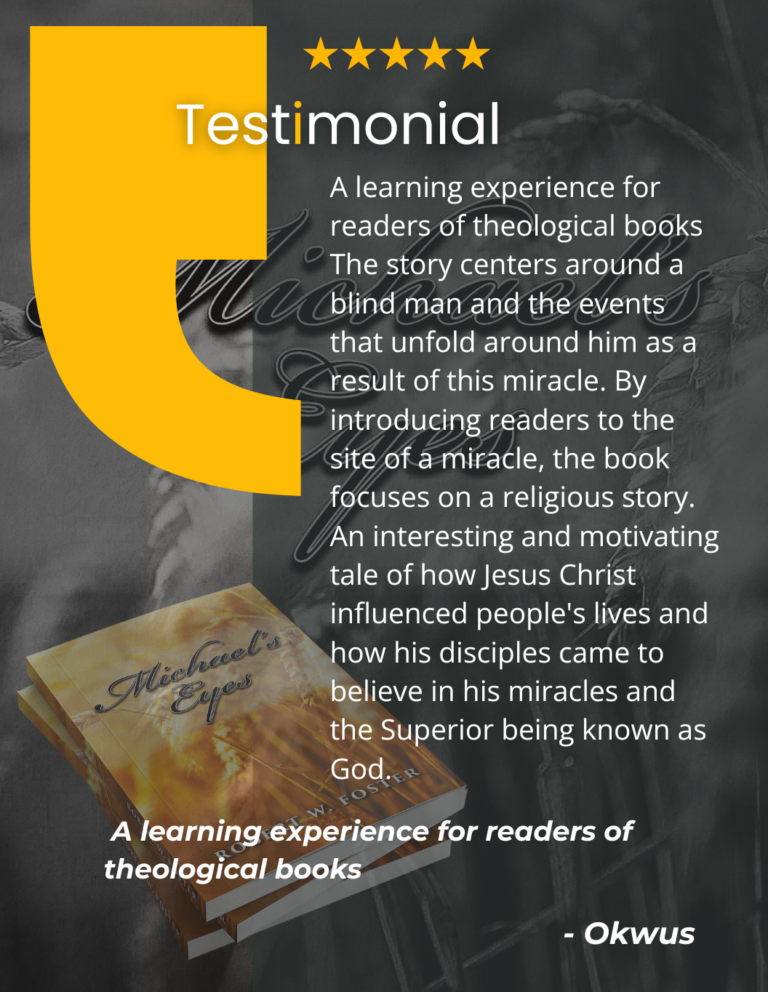
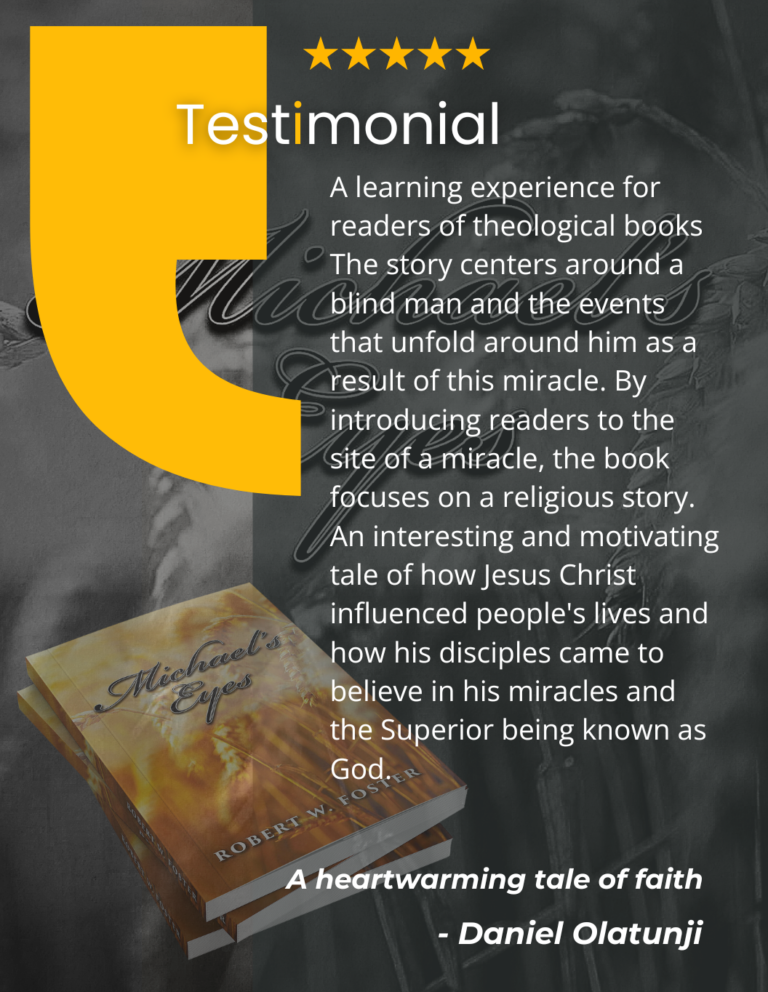
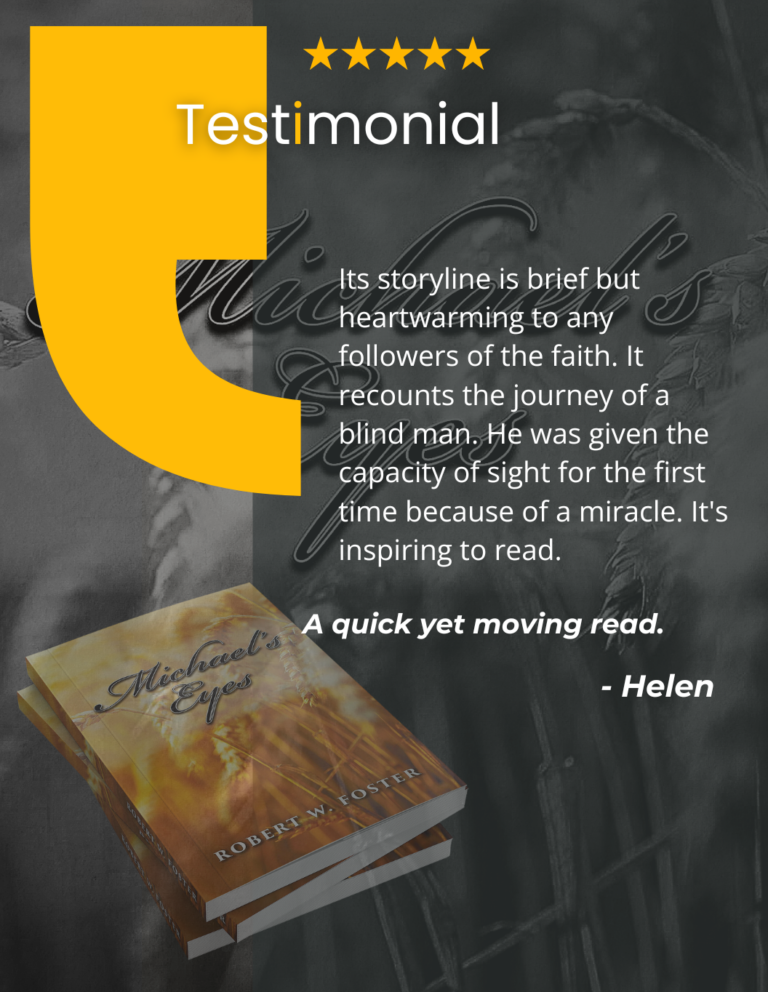
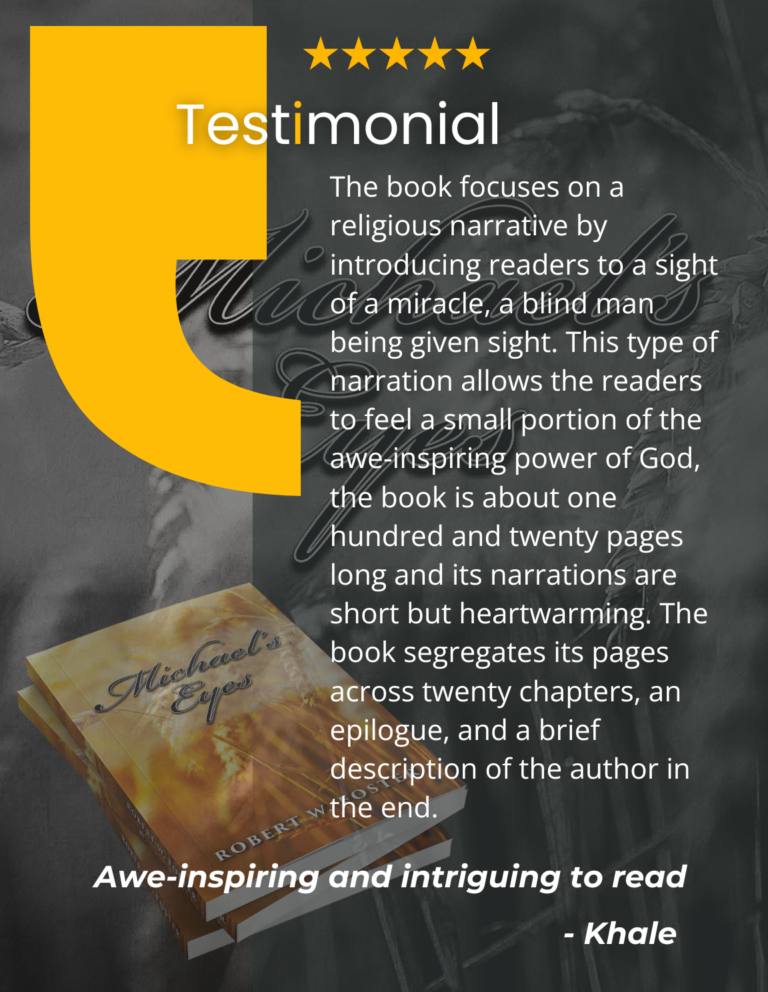
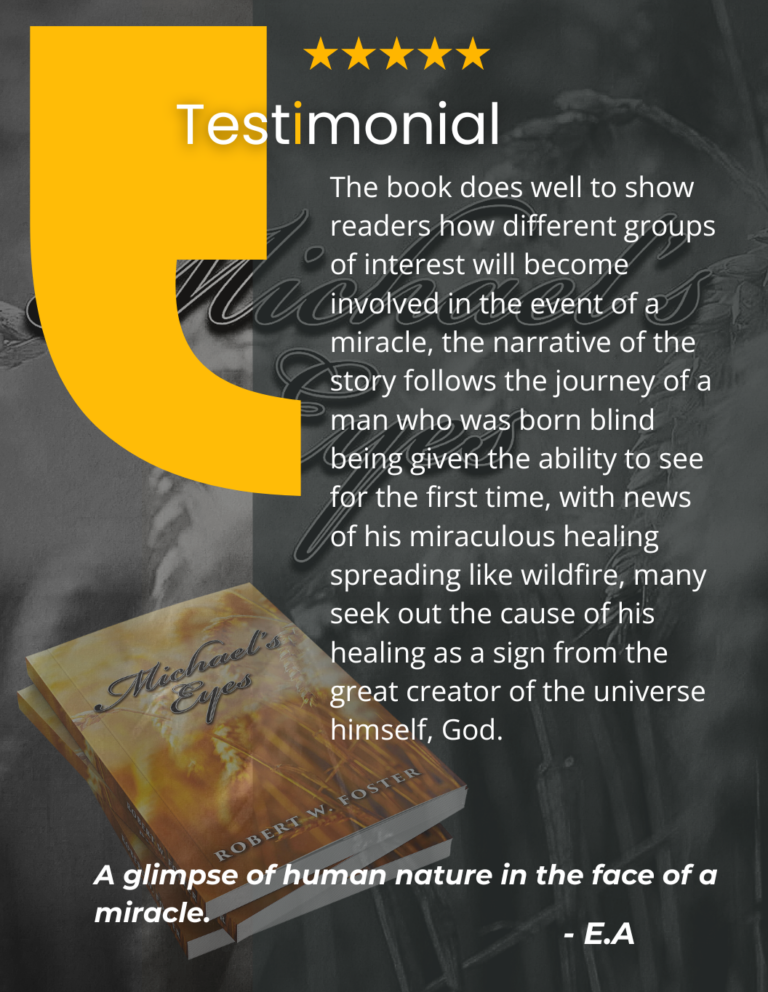
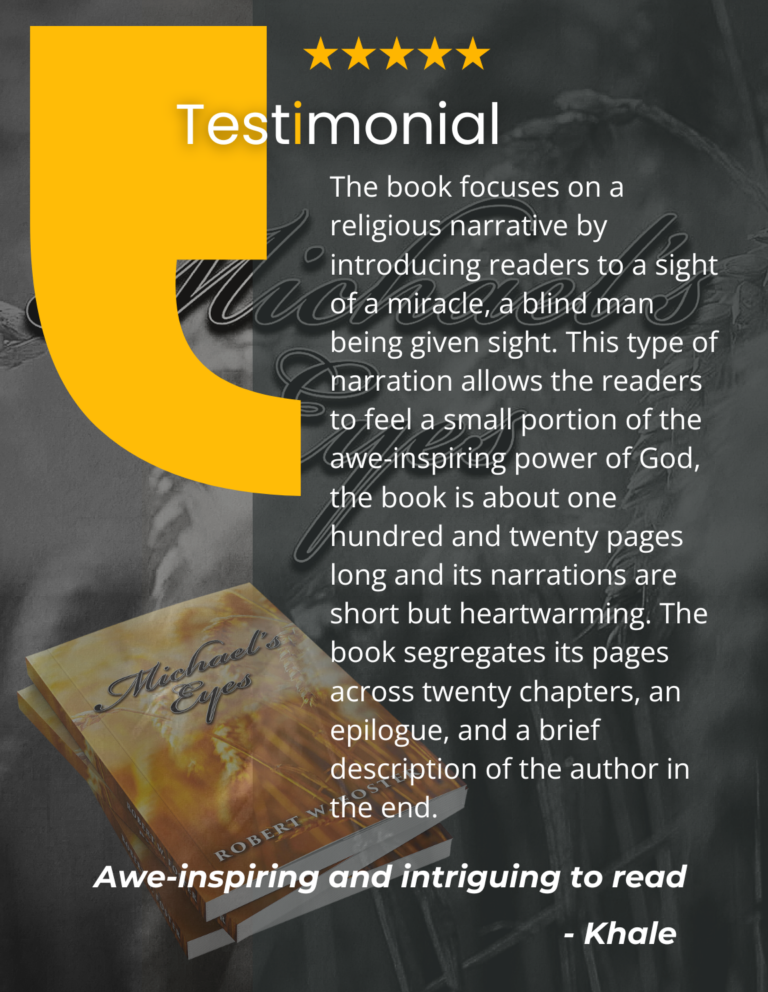
Also featured on
Thank you for exploring my literary works. Each book I write, from “Michael’s Eyes” to “Jonah’s Judgment” and “Decisions, Decisions”, is crafted with the intent to delve deep into the human experience, examining themes of faith, justice, family, and the complexities of personal belief. My stories aim to resonate on a profound level, provoking thought and inspiring reflection. I invite you to immerse yourself in these narratives, each one a journey through the struggles and triumphs that define us. Your support and engagement mean the world to me, and I hope my books leave a lasting impression on your heart and mind. Thank you for being a part of this journey. Happy reading!
